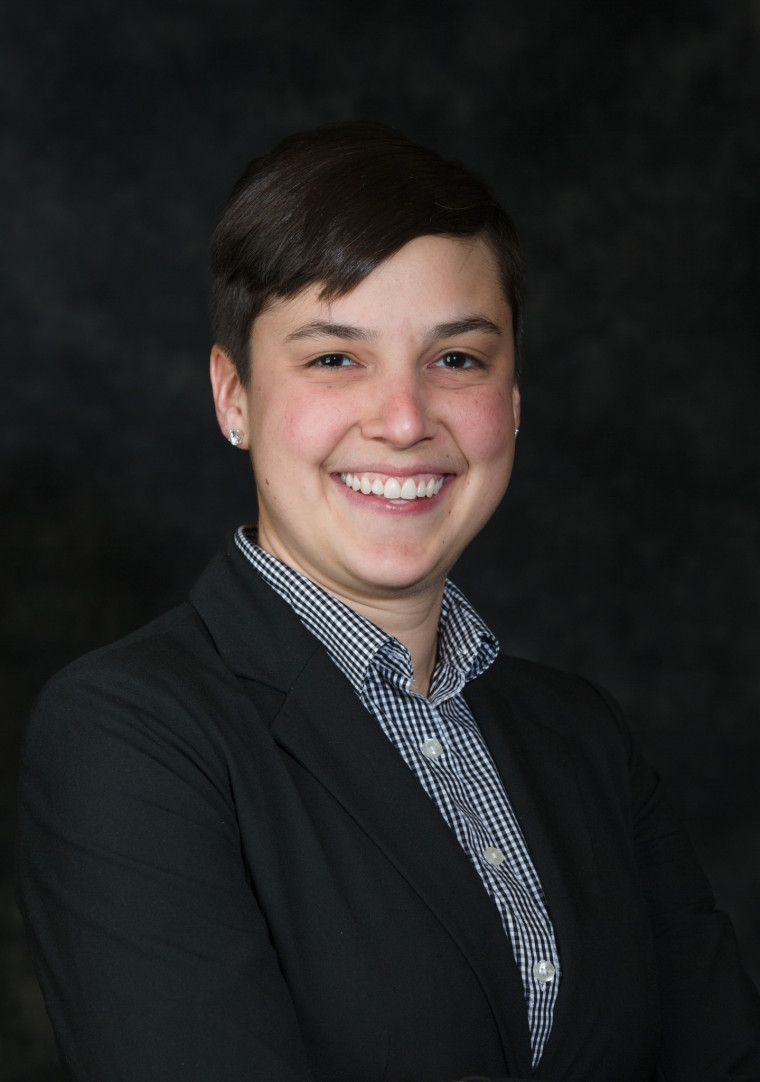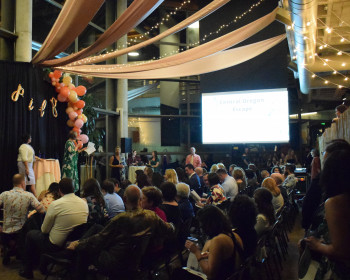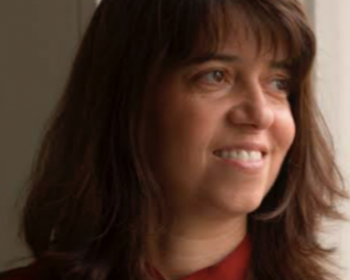Ann Marie Schott
Open gallery

The PILP Stipend helped fund my summer as a legal intern at the Oregon Innocence Project (OIP) in downtown Portland. The OIP reviews and investigates claims of actual innocence that it receives from inmates housed in Oregon’s prisons. The OIP is part of the Oregon Justice Resource Center, a legal nonprofit founded by Lewis & Clark graduates Bobbin Singh and Erin McKee that works to promote criminal justice reform in Oregon. Retired Federal Public Defender Steve Wax serves as the Legal Director of OIP and guides the operations of the organization, overseeing the work of law student interns and facilitating their collaborations and communications with individual clients and the larger legal community.
In working for OIP, I have learned oodles of practical skills that are not available to me in the classroom. I have begun to understand the procedural processes of criminal trials, direct appeals, post-conviction relief, amicus briefing, and habeas corpus. I have researched and reported on legal issues, explored the world of forensic science and the many layers of criminal investigation, discussed cases with attorneys, planned and carried out complex investigation plans, and worked directly with clients. I have continued to see the ways that the justice system echoes oppressive social systems, often working against people living in poverty, people of color, and people disenfranchised by little or no education.
I have also gained first-hand insight into the strategic and ethical dimensions of the legal profession. The OIP attorneys and volunteers serve as sharply-engaged mentors to the students at OIP, guiding them into their own paths of expertise and experience. Each student is encouraged to develop skills that best serve his legal aspirations while also serving the larger purpose of the project and the needs of the community. Students are held to high standards of discipline and rigor in all their pursuits. Throughout the summer, I was able to discuss and confront my unconscious biases with a former federal agent, ponder complicated rhetorical appeals with one of the sharpest litigators in the country, and listen to the experiences of Oregon’s first exoneree, a woman who spent 11 years in prison for a crime she did not commit.
PILP gave me an invaluable opportunity to pursue an otherwise unavailable channel of legal work and development. The stipend allowed me to spend my summer growing my experience and contributing to a cause that is completely dependent on volunteer efforts.
More Public Interest Law Project (PILP) Stories
Public Interest Law Project (PILP) is located in McCarty Classroom Complex.
MSC: 51
email pilp@lclark.edu
voice 503-768-6782
fax 503-768-6729
President: Natalie Hollabaugh
Auction Directors: Faith Fox & Hanah Morin


